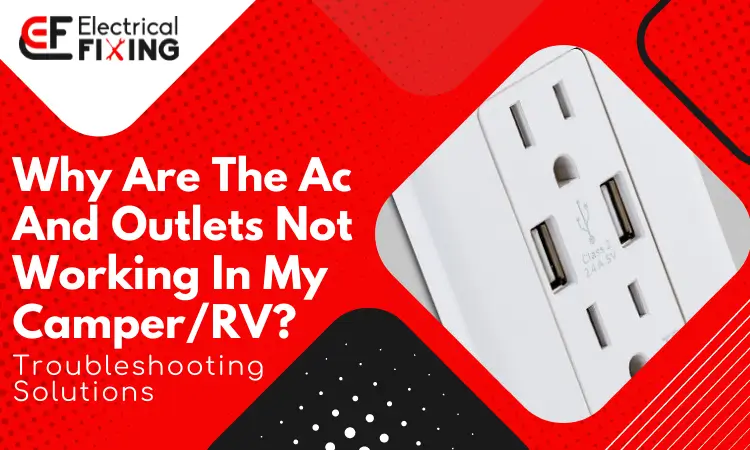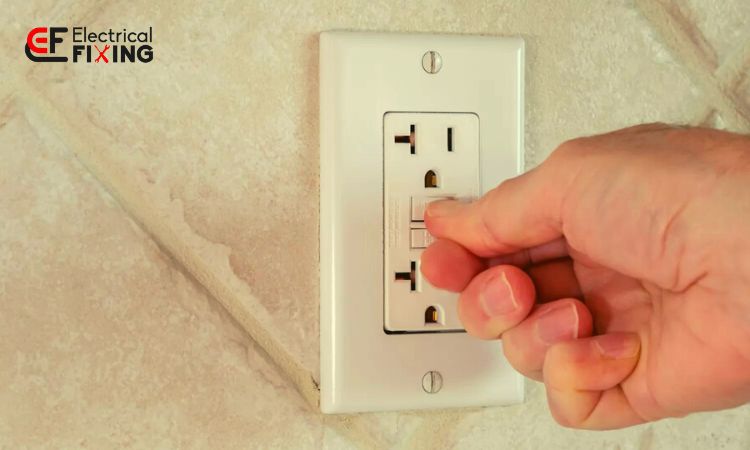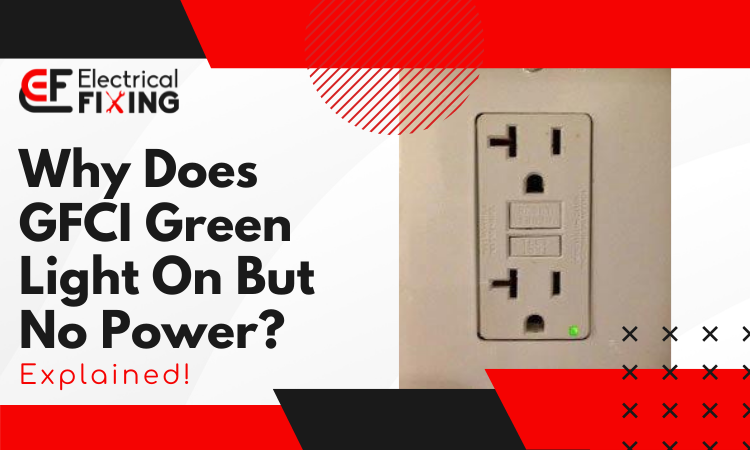Hey there! This post contains affiliate links to products. We may receive a commission for purchases made through these links. But it never influences our product selection process.
Are you wondering if can i use 14 2 wire for outlets? Yes, you can use 14/2 wire for outdoor outlets, but ensure that it is properly protected with appropriate conduit or outdoor-rated wiring to withstand the elements. In this article, I’ll delve into the details of the 14/2 wire, its application for outlets, potential risks, and other important factors to consider. Let’s shed some light on this topic and provide you with the information you need.
What is 14/2 Wire?
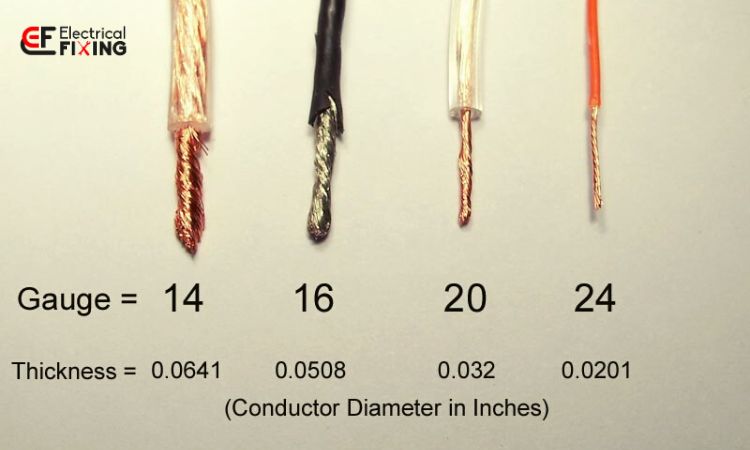
14/2 wire, also known as 14-gauge, 2-conductor wire, is a common type of electrical wire used for residential wiring. The “14” refers to the wire gauge, which indicates the thickness or diameter of the wire. The smaller the gauge number, the thicker the wire. In the case of 14-gauge wire, it has a diameter of approximately 1.63 millimeters (0.064 inches). The “2” indicates that it consists of two insulated conductors, typically one black and one white, along with a bare copper ground wire.
14/2 wire is commonly used for lighting circuits, general-purpose household circuits, and other low-power applications. However, when it comes to outlets and circuits with higher current demands, it’s essential to understand the appropriate wire gauge and circuit requirements.
Can I Use 14 2 Wire for Outlets on a 15-Amp Circuit?
Yes, you can use 14-2 wire for outlets on a 15-amp circuit. A 15-amp circuit is designed to handle a maximum load of 15 amps, and 14-2 wire is rated to safely carry this current. The National Electrical Code (NEC) allows the use of 14-gauge wire for 15-amp circuits, making it a suitable choice for most residential outlets.
It’s worth noting that in older homes, you may come across 12-2 wire, which has a thicker gauge and is typically used for 20-amp circuits. If you’re unsure about the existing wiring in your home, consulting a qualified electrician is advisable to ensure compliance with local electrical codes.
Can I Use 14-2 Wire for Outlets on a 20-Amp Circuit?
No, using 14-2 wire for outlets on a 20-amp circuit is not recommended. A 20-amp circuit requires a thicker wire gauge, such as 12-2 wire, to handle the increased current flow. Attempting to use 14-2 wire on a 20-amp circuit can lead to overheating and potential fire hazards.
It’s crucial to match the wire gauge with the circuit’s ampacity requirements to ensure safe and reliable electrical installations. Always consult the NEC or local electrical codes and regulations to determine the appropriate wire gauge for specific circuit types.
Can I Use 14/2 Wire for 220V?
No, you cannot use 14/2 wire for 220V circuits. 220V circuits typically require thicker wire gauges, such as 10-2 or 8-2 wire, depending on the specific load and distance. These thicker wires are necessary to handle the higher voltage and current demands of 220V systems.
Using 14/2 wire for 220V circuits can lead to overheating, voltage drops, and potential electrical hazards. It’s crucial to consult a qualified electrician or follow local electrical codes when dealing with high-voltage applications to ensure safety and compliance.
What are the Risks of Using 14-2 Wire for Outlets on a 20-Amp Circuit?
Using 14-2 wire for outlets on a 20-amp circuit poses several risks. The main concern is that the wire gauge is not adequate to handle the higher current demand. This can result in excessive heat buildup, potentially leading to wire insulation melting, arcing, and fire hazards.
Additionally, if a 20-amp circuit breaker is used to protect the circuit, it won’t trip as quickly as it should in the event of an overload or short circuit. This delay in tripping can further exacerbate the risks associated with using undersized wiring for higher current loads.
How Many Outlets Can I Put on a 14/2 Wire?
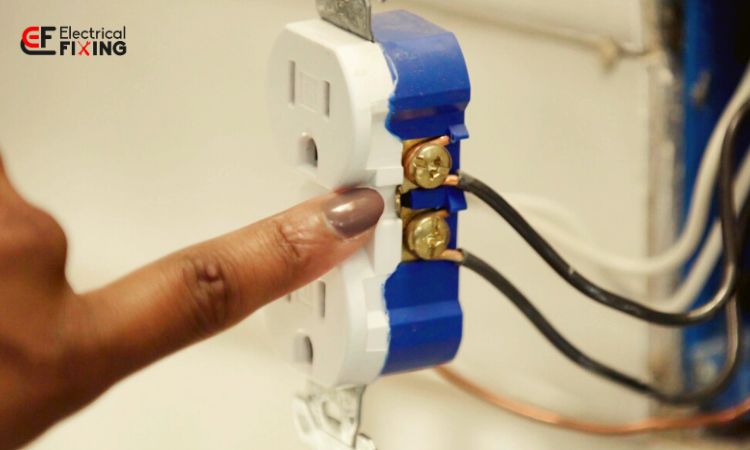
The number of outlets you can put on a 14-2 wire depends on various factors, such as the electrical load of the devices connected to the outlets and the circuit’s ampacity. It’s important to calculate the expected load and ensure it does not exceed the maximum rating of the wire and the circuit breaker protecting it.
As a general guideline, for 15-amp circuits using 14-2 wire, the total combined load of all devices connected to the outlets should not exceed 1,440 watts (15 amps multiplied by 120 volts). However, it’s advisable to consult local electrical codes or a qualified electrician for specific guidelines and requirements in your area.
What Other Factors Should I Consider When Using 14-2 Wire for Outlets?
When using 14-2 wire for outlets, it’s crucial to consider a few additional factors:
- Wire Length: The length of the wire affects its resistance, which can result in voltage drops. Longer wire runs may require a thicker gauge to compensate for these voltage drops and ensure proper electrical performance.
- Wire Path and Environmental Factors: Consider the wire’s path and any potential exposure to moisture, heat, or other environmental factors. Use appropriate conduit, protective sheathing, or insulation when necessary.
- Future Expansion: If you anticipate adding more outlets or increasing the electrical load in the future, it’s wise to install a larger wire gauge to accommodate these potential changes.
- Local Electrical Codes: Always consult and adhere to the NEC and local electrical codes and regulations to ensure compliance and safety in your electrical installations.
Frequently Asked Questions (FAQs):
Can I use 14-2 wire for kitchen outlets?
Using 14-2 wire for kitchen outlets may not be sufficient. Kitchen outlets often have higher power demands, so it’s generally recommended to use 12-2 wire and a 20-amp circuit for kitchen outlets to ensure safe and reliable operation.
Can I use 14-2 wire for bathroom outlets?
For bathroom outlets, it’s generally recommended to use 12-2 wire and a 20-amp circuit to handle the electrical demands associated with bathroom appliances and devices.
Can I extend 14-2 wire with 12-2 wire?
Extending 14-2 wire with 12-2 wire is generally acceptable as long as you properly connect the wires and ensure that the circuit breaker protecting the circuit matches the wire gauge being used.
Can I use 14-2 wire for a GFCI outlet?
Yes, you can use 14-2 wire for a GFCI (Ground Fault Circuit Interrupter) outlet, as long as it is properly sized for the circuit and adheres to the electrical code requirements.
Conclusion:
In summary, the use of 14-2 wire for outlets depends on the specific circuit requirements. While it is suitable for 15-amp circuits, it is not recommended for 20-amp circuits or 220V applications. Adhering to proper wire gauge and circuit requirements is crucial for electrical safety and code compliance.
When planning electrical installations, always consult the NEC, local electrical codes, and consider factors like wire length, environmental conditions, and future expansion. By doing so, you can ensure the safety, efficiency, and reliability of your electrical system while avoiding potential hazards associated with undersized wiring.
Remember, when in doubt, it’s best to consult a qualified electrician who can provide expert guidance tailored to your specific needs and local regulations.
Hey, I’m Steven Jones, the founder, and writer of this site. I have worked in Electrical for the past 5 years. I also know how to save energy and how to troubleshoot our electrical devices. I hope you enjoy my blog.

